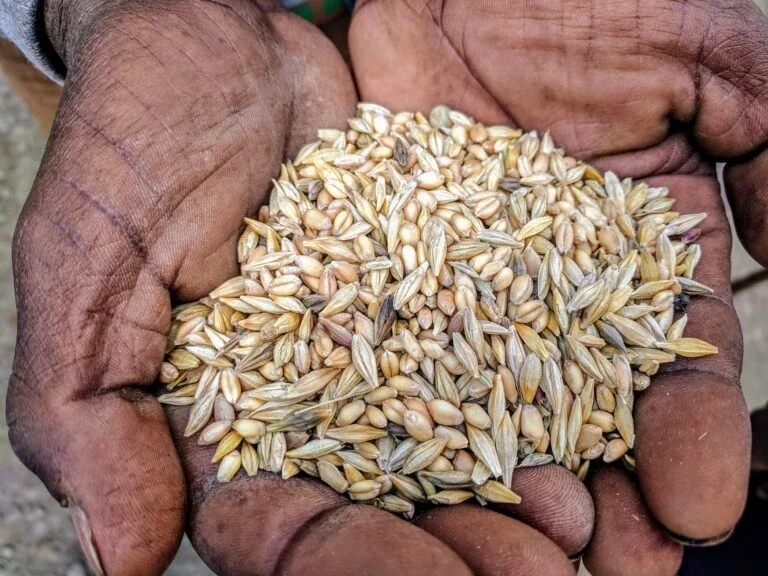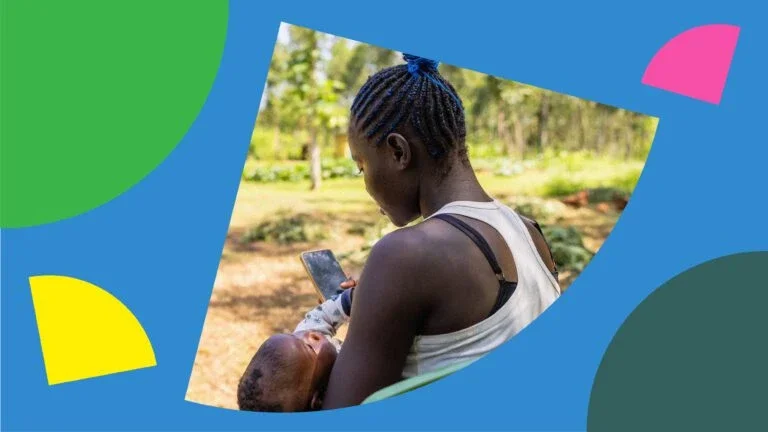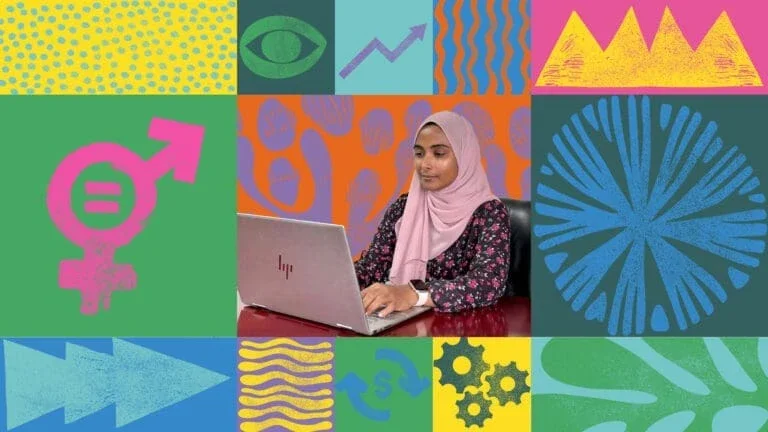To summarize, I would highlight the key takeaways across three core themes:
- Alliance Building: Global funders can force cross-sector collaboration by first working better amongst themselves and then channeling their resources towards building alliances of unlikely partners comprising funders, government, local actors/communities, and the private sector to ensure equity and inclusion in development. These alliances if properly structured can help African countries drive sustainable growth that prioritizes local needs over external dependencies.
- Domestic Resource Mobilization: Global funders should align resources with local philanthropy, African corporate foundations and impact investment to tackle big development challenges. Aligning global funder’s resources with domestic funding is particularly compelling, as it shifts resources toward homegrown solutions rather than relying solely on foreign development assistance. Similarly, self-reliant models that strengthen local capital markets and domestic revenue generation can create long-term economic stability.
- Governance and Accountability: There was a strong focus on Governments’ role in undertaking the systemic changes required to meet the funding crisis caused by shifting policies by their traditional sovereign development partners. In addition to fostering better governance and accountability as well as greater transparency in their development frameworks, Governments must see the capacity of local actors and NGOs previously funded by foreign development partners as a resource through which Government resources can be channeled to deliver development outcomes.
Catalyzing Local Leadership
Throughout the year, we hosted workshops and roundtables that led us to this point, creating a platform where global funders, African philanthropies, implementers, and government leaders could align on a shared roadmap. At AfricaXchange, that roadmap came to life.
The energy in the room was electric, powerful voices from across the continent were stepping into the driver’s seat and championing their commitment to leading and implementing solutions by Africa for Africa.
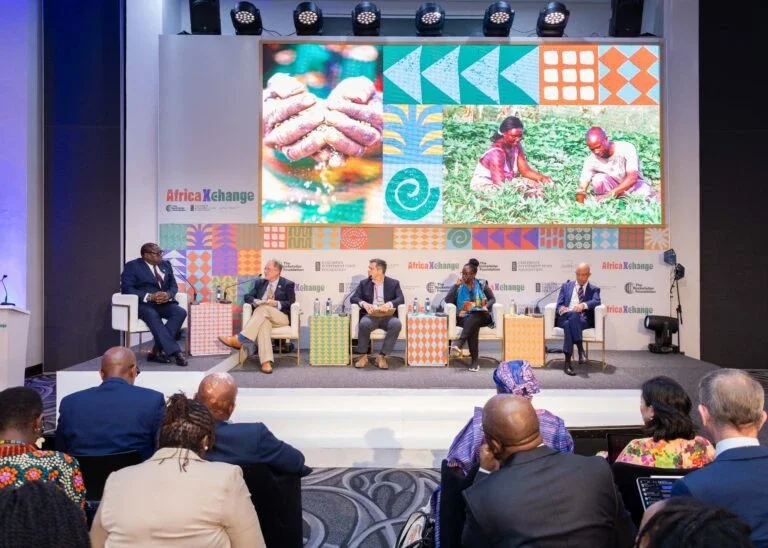
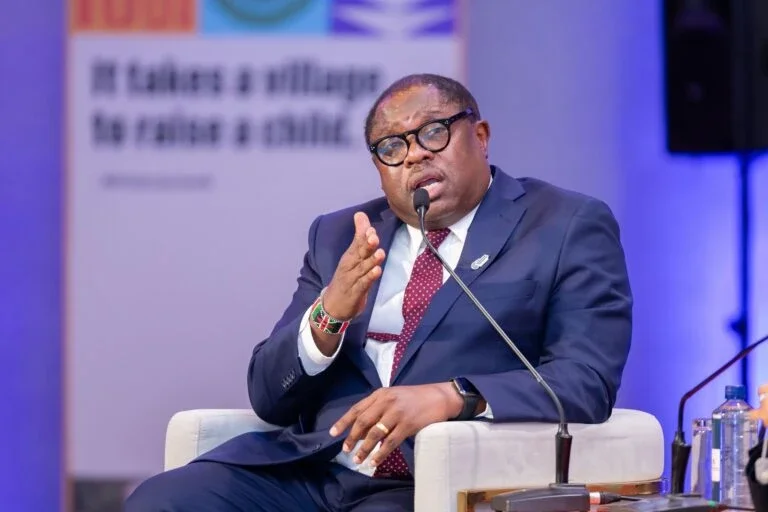
A Sense of Purpose
I left AfricaXchange with a deep sense of purpose — and optimism. Yes, the challenges are enormous. But so is our collective will.
AfricaXChange2025 shaped a unified vision of an “Africa for Africans,” aimed at fostering economic development, promoting transparency, and prioritizing investments in food security, education and healthcare. It is essential to translate these discussions into concrete actions, elevate the voices of marginalized communities, and adopt approaches to development that are free from colonial influences.
Next Steps:
- Synthesize key commitments and action items for discussion in a Bellagio Convening.
- Develop a roadmap for Rockefeller Foundation support.
- Align priorities from the convening with RF strategy.
- Explore further collaboration with peer Foundations.
- Communicate progress to stakeholders.
If this convening taught us anything, it's that Africa’s future will be shaped by Africans, and our job now is to keep this momentum alive and to move from bold ideas to bold action.
